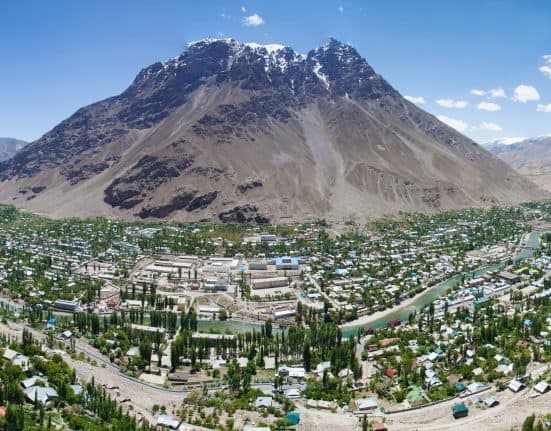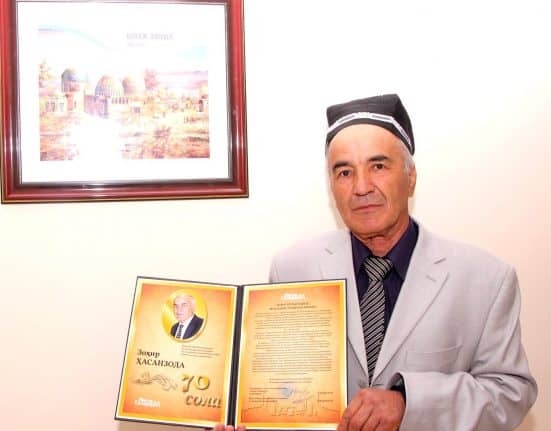On the morning of June 27, officers of the Organized Crime Department of Tajikistan came to the home of the relatives of independent journalist Anora Sarkorova (who lives abroad and actively covers events in the Gorno-Badakhshan Autonomous Oblast on social networks) and took her mother and brother with them. They were released after interrogation.
Anora Sarkorova writes on her Facebook page that a few days ago, officers of the State Committee for National Security interrogated her relatives in the Pamirs. “This is Tajik justice – using the most effective method – torture, blackmail with the lives of relatives and friends. This is how confessions are obtained. In Tajikistan, the father is responsible for his son, the mother for her daughter, the brother for his sister,” she notes.
According to the journalist, the authorities of Tajikistan, therefore, want everyone to shut up and stop talking about the numerous violations of human rights taking place in the country.
Until 2018, Anora Sarkorova worked in the Russian service of BBC in Tajikistan, but the authorities didn’t like the independent coverage of events in GBAO, and she was denied further accreditation. She was threatened; as a result, the journalist had to leave the country.
Over the past month, with the beginning of the May events in Badakhshan, the country’s authorities continue to turn the screws, clearing unwanted journalists, human rights activists, lawyers, representatives of civil society.
Over the past month in Tajikistan, Radio Ozodi’s correspondent Mulloradjab Yusufzoda was beaten up by unknown persons. Phones and video equipment were confiscated from other correspondents of this radio: Barot Yusufi, Anushervon Aripov, Nasim Isamov. The phone and laptop of Asia-Plus correspondent Ramziya Mirzobekova were seized. Independent journalist and blogger Daler Imomali was beaten and then imprisoned, as well as his co-author Abdullo Gurbati. Anyone who is directly or indirectly connected with the coverage of what is happening in GBAO or who criticizes the authorities for human rights violations is brought to the “authorities” for interrogation.






